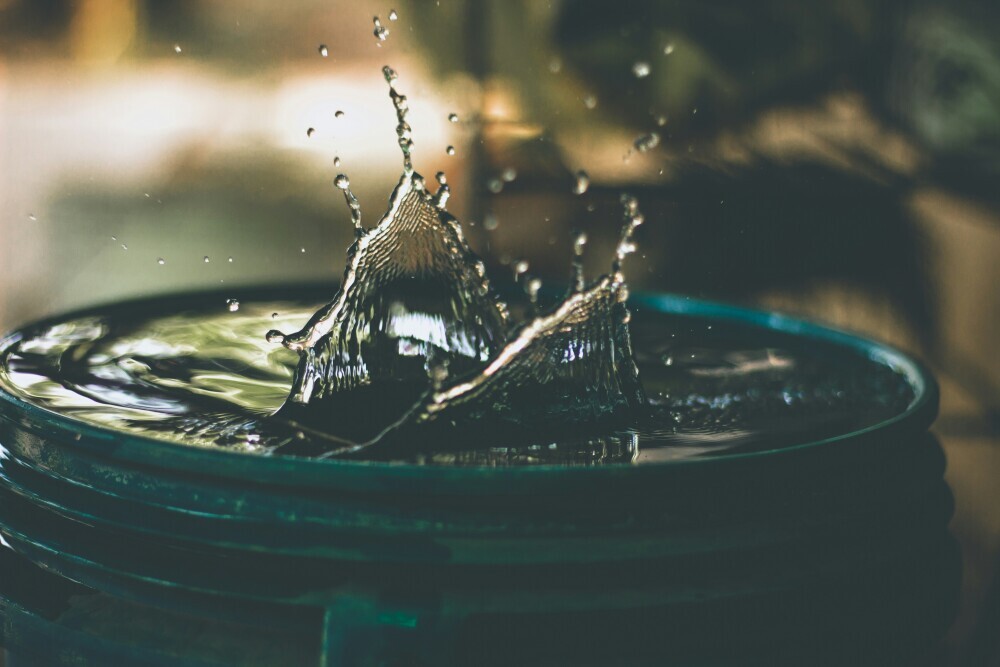Storing Water for Long-Term Off-Grid Living: A Comprehensive Guide

When living off-grid, securing a reliable water supply is crucial for survival. Whether you’re a seasoned prepper or just starting your off-grid journey, understanding how to store water for the long term is essential. This guide will walk you through the best practices, from the initial steps to advanced techniques, ensuring that your water storage is safe, sustainable, and sufficient.
Why Water Storage is Crucial for Off-Grid Living
Water is a fundamental resource for survival. Without access to clean water, even the most well-prepared off-grid homesteader can find themselves in a life-threatening situation. While natural water sources like rivers, lakes, and rainwater collection systems are valuable, they aren’t always reliable. Droughts, contamination, or even mechanical failures in your water collection system can leave you without access to fresh water. That’s why having a long-term water storage plan is critical.
Choosing the Right Water Storage Containers
Selecting the appropriate containers is the first step in creating a long-term water storage system. Here are some top choices:
- Food-Grade Plastic Barrels: These are a popular choice for storing large quantities of water. Make sure the barrels are BPA-free and designed specifically for water storage.
- Glass Containers: While heavier and more fragile, glass containers are excellent for storing smaller amounts of water. They are non-reactive, meaning they won’t leach chemicals into your water.
- Stainless Steel Tanks: These are durable and long-lasting but can be expensive. Stainless steel is resistant to corrosion, making it a reliable option for long-term storage.
- Water Bricks: These stackable, portable containers are perfect for both short-term and long-term storage. They are designed to be easily transportable, which is useful if you need to relocate your water supply.
Properly Storing Your Water
Once you’ve chosen your containers, the next step is proper storage. Here are key considerations:
- Keep Containers in a Cool, Dark Place: Direct sunlight and heat can cause algae growth and degrade the quality of your water. Store your containers in a cool, dark location to extend the water’s shelf life.
- Rotate Your Water Supply: Even with the best storage practices, water should be rotated periodically to ensure it remains fresh. Mark your containers with the date they were filled and plan to rotate every six months to a year.
- Treating Stored Water: Adding water preservatives, such as unscented household bleach or commercial water treatment solutions, can help keep your water safe for longer. Follow the manufacturer’s instructions for the correct ratio.
- Seal Your Containers Properly: Ensure all lids are tightly sealed to prevent contamination. This will also help avoid evaporation and loss of water over time.
Water Filtration and Purification
No matter how well you store your water, it’s essential to have a backup plan in case your water becomes contaminated. Here are some methods to purify your water:
- Boiling: The most reliable method, boiling water for at least one minute will kill most bacteria, viruses, and parasites.
- Water Purification Tablets: These are lightweight and easy to use, making them ideal for emergency situations. Keep a supply on hand to treat small quantities of water.
- Gravity-Fed Water Filters: These systems are great for off-grid living as they don’t require electricity. They remove bacteria, parasites, and even some chemicals from your water.
- UV Purification Systems: Although they require a power source, UV systems are highly effective at killing microorganisms. If you have a solar setup, this can be a viable option for off-grid water purification.
Rainwater Harvesting as a Supplementary Source
While stored water is essential, rainwater harvesting can supplement your supply. Set up a system with gutters, downspouts, and a storage tank to collect rainwater. Ensure your collection system is equipped with a first-flush diverter to remove contaminants before the water enters your tank.
Final Thoughts: Stay Prepared and Stay Safe
Storing water for long-term off-grid living is a vital aspect of your preparedness plan. By selecting the right containers, storing your water properly, and having purification methods on hand, you can ensure a steady and safe water supply no matter what challenges come your way. Remember, water is life—treat it with the care and respect it deserves.
